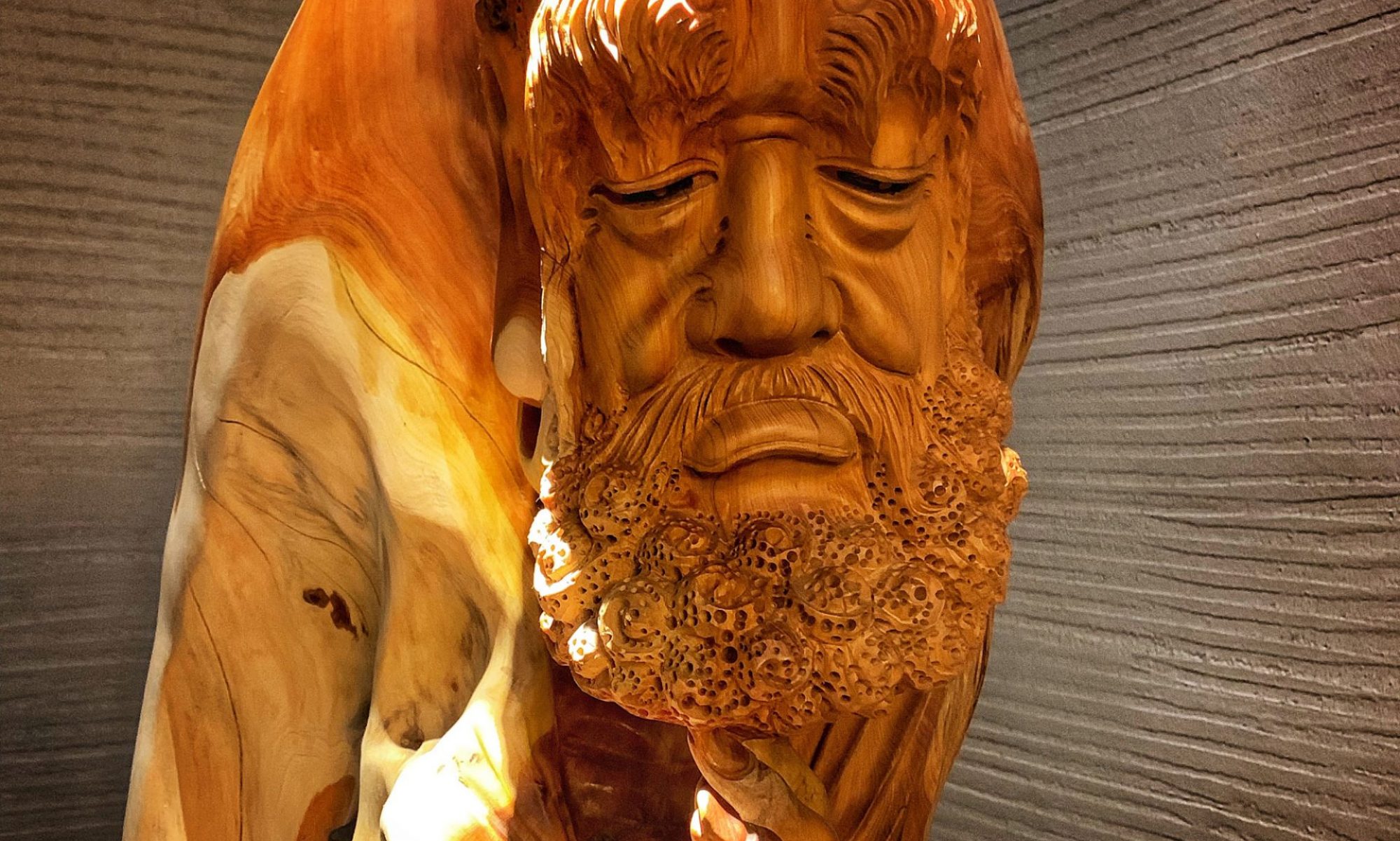The mind gives hierarchy of meanings to the things it associates with, making specialness out of it. And to each specialness, is found compartmentalization of preferences. It is the manner the mind works and by so doing, the beholder feels the sense of exclusiveness from his or her experiences deriving from each degree of specialness it gives meaning to. The world has not a meaning until meaning is being given to it by the mind and hence each relationship is defined by its specialness attached to it.
Specialness creates a range of hierarchy of feelings categorized under pleasant, unpleasant and neutral. Yes, even neutral feeling is a result of specialness as the mind has already categorized it under “non-specific”, which also has a compartment of its own, hence special. To be able to watch with detachment each moment the mind gives meaning of specialness to its experiences without identification is equanimity in action.
Specialness proliferates each moment of our senses. If you wish to know how much attachment the mind has on its object, look not far. Simply be mindful of any of the senses and you will be surprised by its rampant orders of specialness. The mind, as if a life of its own, chooses what it wants and does not want to experience through order of specialness. And it can be quite a shock to recognize how bias the mind can be towards its object it gives meaning to – seems heartless at times to the innocence of the objects! In reality each object the mind comes into contact with, in itself has no meaning, except the mind giving meaning to it. The world is made real through the mind’s definition.
That defines how conditional we are when it comes to experiencing each moment. Where then is unconditional love? What is the difference of relationship between say, a floor mat and a computer? Doesn’t each of these have its own specific important function that serves our needs? Yes, and yet, no. How we treat the floor mat in comparison with the computer already defines our specialness towards it. What about eating meals and washing the dishes? What about the sound on the road compared to the music played in the room? What about processes that finally leads to its result, to mean the journey and the destination – which preference does the mind give to? Is the destination more important than the journey, that many a times this attitude makes us focus on its end result mindlessly without giving much awareness to the journey itself?
And when it comes to meditation what about daily mindfulness in comparison to formal sitting? Do we give specialness to each sitting and when we get out from it, whatever mindfulness we develop ends together with it? Is it the hierarchy of meaning the mind gives to the practice that makes the daily practise unimportant, for the mind see not the benefit that is derived from it? What about when one is not mindful? Does one see wrongness in unmindful moments? Does one recognize that by having that meaning in mind, one tries to create mindfulness instead of allowing mindfulness to naturally arise through remembering and thus had created a false sense of awareness that is accompanied by righteousness as its base instead of wisdom?
The spiritual journey is very much within and it takes one to recognize and realize for himself or herself to come to the state of grace, of balance and whole.
